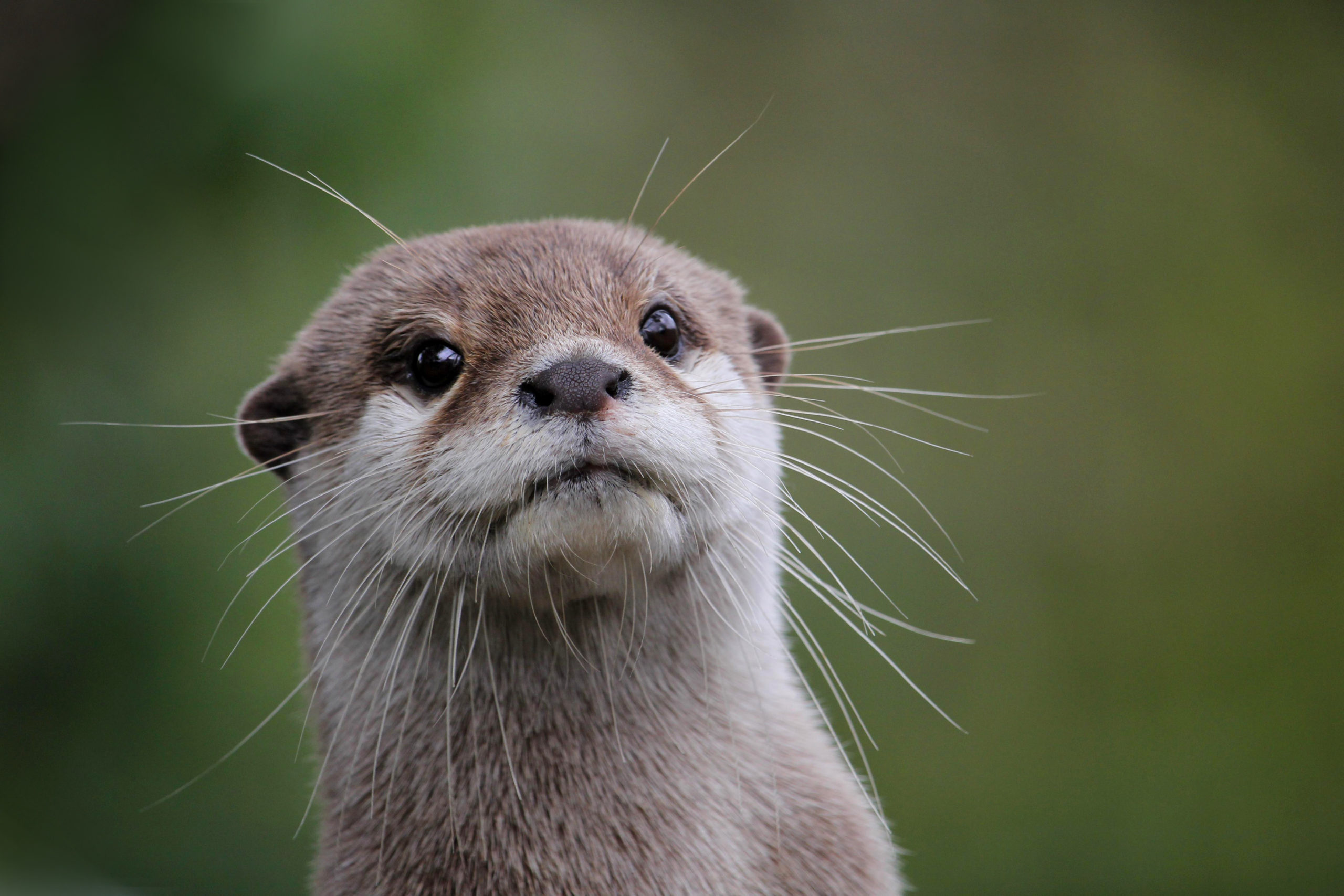European Union key player in trafficking of Sri Lankan reptiles
Increasing evidence of organised trafficking on Sri Lankan reptiles has been found, with the European Union (EU) being in the spotlight as a key destination.
A new study, carried out by Monitor Conservation Research Society in collaboration with a prominent Sri Lankan herpetologist, highlights the ongoing trafficking of protected reptiles from Sri Lanka. Published in the TRAFFIC Bulletin, the study, titled The presence of protected reptiles from Sri Lanka in international commercial trade, examines the international trade in protected reptile species endemic to the island of Sri Lanka.
All Sri Lankan reptiles except for five snake species are protected, with collection for commercial purposes being prohibited by Sri Lankan legislation. Despite legal protection, trade in Sri Lanka’s reptiles continues.
Responding to growing concerns that considerable quantities of reptiles are being smuggled from the island nation, this study monitored the sale of protected reptiles on social media and classified reptile sale websites between September 2016 and October 2018.
The study found 130 advertisements offering a total of 477 protected endemic reptiles, representing 18 species. A total of 13 out of 18 species observed in this study were not observed in a previous study carried out in 2014, indicating that demand for Sri Lanka’s endemic species is on the rise.
The Indian Star Tortoise Geochelone elegans was the most commonly observed species, with 116 specimens reported as originating in Sri Lanka. Of all the observed species in this study, it is the only one listed in the Appendices of the Convention on International Trade in Endangered Species of Wild Fauna and Flora (CITES). Currently in Appendix II, it has been proposed for listing in Appendix I, effectively prohibiting all international commercial trade. in wild Indian Star tortoises. The rest of the observed species are not listed in the CITES Appendices, though Sri Lankan authorities are seeking international protection for many more of their native species, and have submitted four proposals for the next Conference of the Parties (CoP18). The findings of this study, which document these species in trade, reinforce the need for consideration of their inclusion in the Appendices.
Advertisements were linked to 14 countries, and of these only three were non-European. The European reptile market is the most significant market identified so far, with vendors in Germany offering the largest numbers for sale (248 individuals of 17 species).
Although export from Sri Lanka is prohibited, these species can be relatively freely traded within the EU once they have been smuggled into the EU as nationally protected species (i.e. species protected in their range States, outside the EU) are not automatically protected in the EU.
“We strongly urge the EU to recognise the role this market plays as a destination and transit point for smuggled reptiles and to take the necessary steps to address this with utmost urgency,” says Monitor’s Jordi Janssen, the lead author of this report.
This study comes at an opportune time, with Sri Lanka hosting the eighteenth meeting of the Conference of the Parties (CoP18). Initally scheduled for 23 May and 3 June 2019, the meeting has been postponed out of respect for the victims of recent terrorist attacks and to allow the Sri Lankan Government to address the current security situation.
Share this article:

How you can help
Please consider making a donation to support this crucial work for wildlife.

